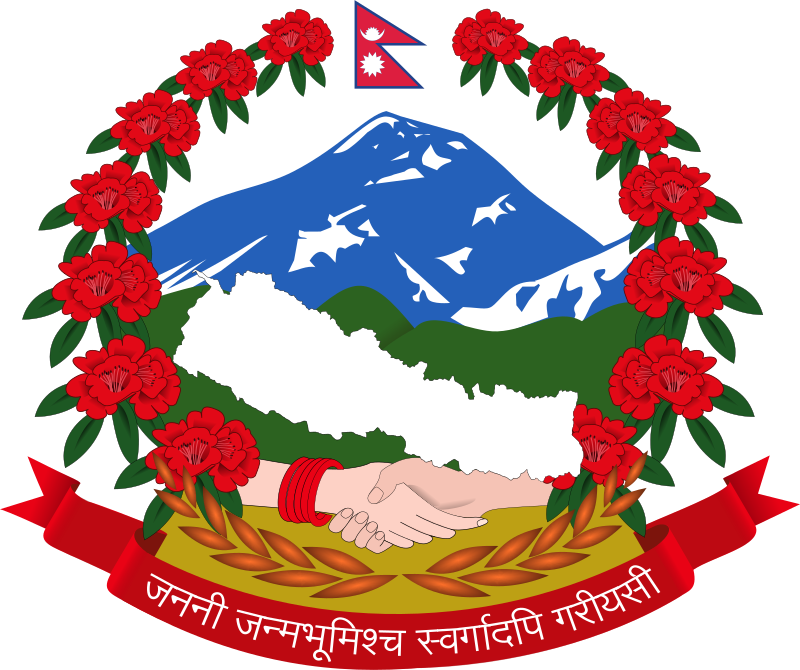Honorable Minister for Information and Communication
Chairperson of Press Council Nepal
Journalist friends
Ladies and Gentlemen!
In the context of completing almost half a century of the inception of Press Council Nepal, and on occasion of its 47th anniversary, I would like to congratulate and express best wishes to all associated with the council. On this important occasion, I would like to recall the proactive role that the media played for the economic, social, and political transformation of the country.
Very conscious part of the society and deemed the fourth estate of state, the media have the onerous responsibility for disseminating national and international news information and helping to develop the country in its entirety. Assimilating these aspects, I believe, the concerned authorities shall always inspire and orientate our media to be responsible and accountable to nation, society and people. By assimilating the values and assumptions of professional journalism, and viewing the fact that the fourth estate of the state can play the role of guide and leader in the establishment of a just and welfare state, the Press Council Nepal should always be cautious to make this profession even more responsible and accountable to earn people’s trust.
The media are very wide subjects. Because of unprecedented development in the information technology, the media have become even more extensive and sensitive. Viewing the history of the development of media in Nepal, the institutional beginning of print media was started about 115 years ago with the weekly publication of Gorkhapatra. This newspaper has played important roles to disseminate the national and international information to people, to eradicate evils and superstitions prevailing in the country, and to spread beneficial information on various subjects to people. With the historical changes in 1951, Radio Nepal was established as the first electronic media in the country; by contrast, now the number of media such as print, radio, television, and online are growing every day. With the widespread development of media, the competition among these is also equally very high. Amid such circumstances, the appropriate capacity and commensurate expertise of this regulatory institution, Press Council Nepal, needs to increased.
During the three decades, especially after the political changes in 1990, the media such as print, television, FM Radio, and online are developed in terms of number and quality. The Nepalese media have always played strong roles of champion in all events of historical changes and development such as in the revolution of 2006, and subsequently in the peace process, the election of constituent assembly, and the promulgation of the Constitution of Nepal last year. Our media have played the roles of watchdog in safeguarding the fundamental rights of the minorities, women, children, impoverished, and the people of repressed class in addition to defending democracy and human rights.
In the context of promulgation of the Constitution of Nepal embracing Federal Democratic Republic, and in addition to respecting and executing the constitutional provisions, I think the fourth estate should have assisting roles to move the country steadily forward. In addition to encourage justice, public welfare, peace and stability; I believe that Nepalese media in future need to present themselves in more responsible manner in the areas like relationships with friendly nations and international institutions in the best interests of Nepal. The media also need focus on the utilization of economic diplomacy, nature conservation, conservation of animals and plants in the verge of extinction, creating awareness about precautions for and way-outs from natural calamities, food security, public health, education, sports, forest, organic agriculture including the modernization of agriculture, cultural heritage, archeological conservation, environment and climate change, tourism, and so on.
Despite the limited means and resources, the Press Council Nepal has been continuously active for healthy development of Nepalese media. Presenting appropriate solutions to problems created by the increasing number of Nepalese media; and encouraging the media to be impartial, sustainable, and effective; the Council has the challenges to be more careful in the days to come.
In the end, thanking all those contributing covertly or overtly in the steady development of the Council since its inception, I congratulate and extend my good wishes to all felicitated personalities on this important occasion. I also hope that the Press Council Nepal will be capable of fostering the development of responsible, impartial, free and fair, and healthy journalism for the nation and people.
Thank you!

